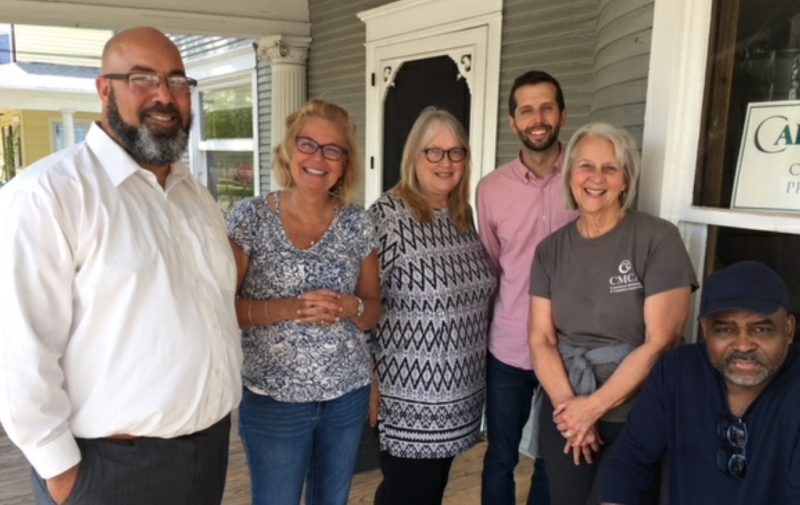At the end of 2017, the Michigan Department of Corrections was responsible for nearly 100,000 in prison, parole, and probation – of these nearly 40,000 incarcerated people. Many of whom are experiencing mentally illness, children under age 18, and elderly. Michigan’s average length of prison stay dramatically outpacing the national average.
The average incarcerated person is 39 years-old with 23.5 percent of the state’s prison population over the age of 50 in 2016. Men comprise the majority of the incarcerated population with the Michigan Department of Corrections’ identifying 56 percent as non-white.
This does not reflect the state’s jail population – of approximately 15,000 people.

Safe & Justice Michigan regularly meets with family members of formerly incarcerated people, as well as representatives of crime survivor organizations, faith-based organizations, business and community leaders.
New safety solutions
Unnecessarily lengthy terms of incarceration break apart families and communities, making it more difficult for people to succeed after their release. Research shows that Michigan keeps people incarcerated far longer than the national norm due to harsh sentencing and parole policies. This wastes lives and taxpayer dollars.
Research also shows that increased investments in prevention, job readiness, and public health strategies are more effective than needlessly long prison sentences. Communities need services, such as mental health and substance abuse services, and programs that help address trauma, that help stop the underlying causes of crime, keep families together, and make communities safer.
Many incarcerated people and their families’ welcome in-prison educational programs that focus on accountability, restorative justice, and increase the chance of success after release. Incarcerated people and their families are important partners in the move to develop policies that effectively promote public safety while reducing prison spending. They understand the criminal justice system its impacts on individuals and communities, its strengths, and opportunities for effective change in ways others often cannot.
Resources
- Download: 10,000 Michigan prisoners: Strategies to reach the goal, Safe & Just Michigan (formerly CAPPS)
- Download: Corrections spending reflects major policy choices: Examining the consequences, Safe & Just Michigan (formerly CAPPS)
- Read: Objective parole reform (HB 5377) moves forward, Safe & Just Michigan (formerly CAPPS)
- Read: Business leaders call for reforms: We want to hire more parolees, Safe & Just Michigan (formerly CAPPS)
- Watch: Violence, accountability, and restoration: A conversation with Danielle Sered, Safe & Just Michigan (formerly CAPPS)
- Download: Accounting for Violence: How to Increase Safety and Break Our Failed Reliance on Mass Incarceration, Common Justice and Vera Institute of Justice
